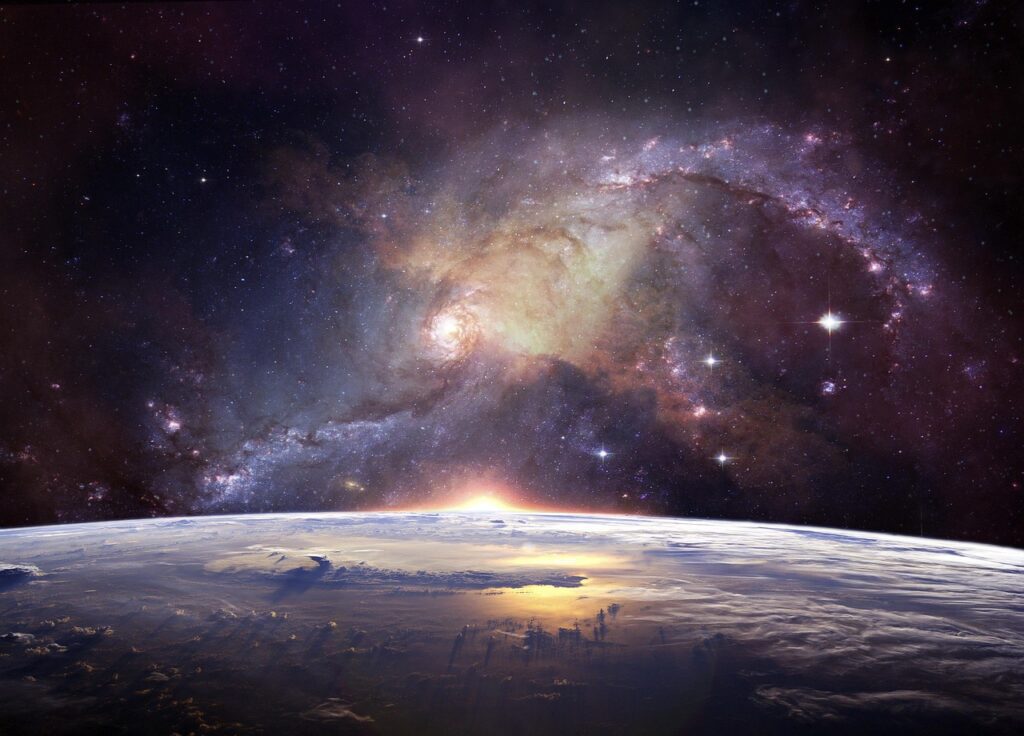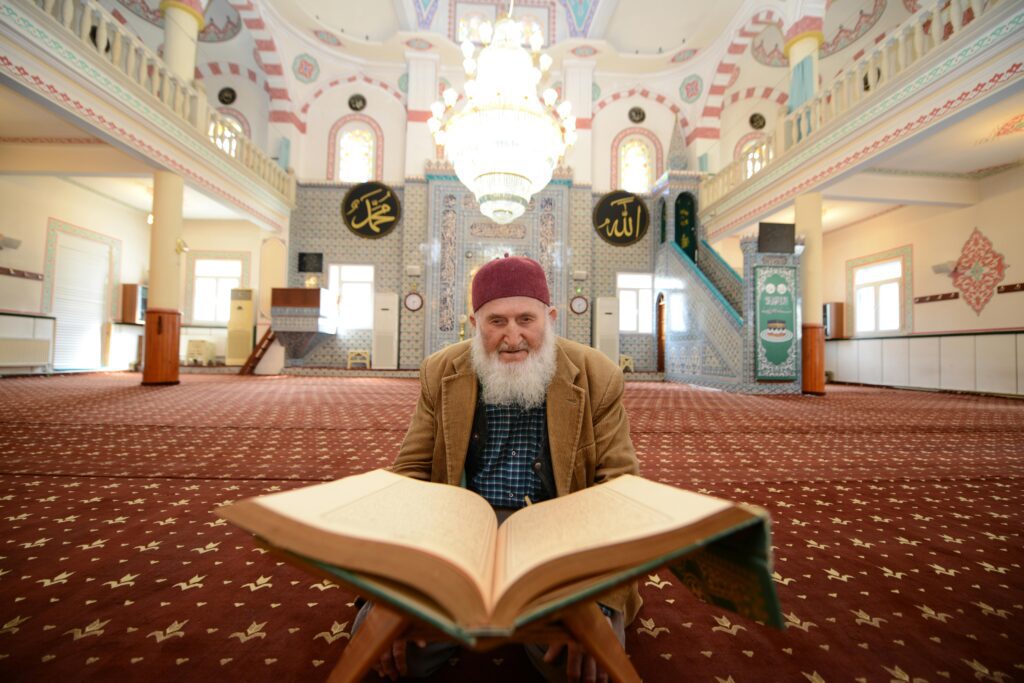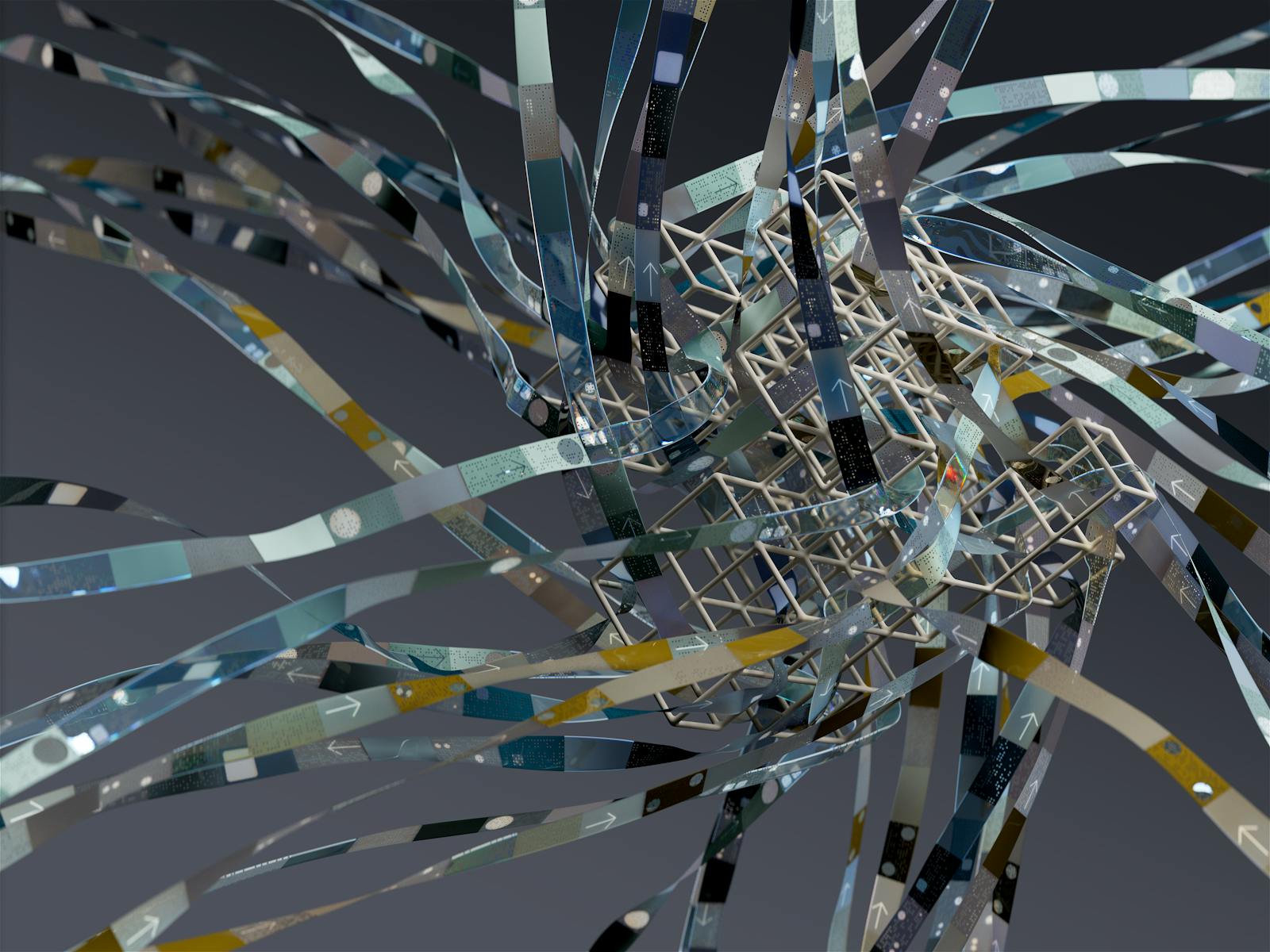What Is Human Creativity According to Islam?
Human creativity is one of the most powerful gifts bestowed by Allah upon mankind. In Islam, creativity is not merely a talent — it’s a spiritual responsibility and a reflection of our divine purpose. The Quran refers to humans as:
“Ashraf-ul-Makhluqat” (The most honorable of creations)
This distinction is directly tied to the intellectual and creative abilities Allah has granted us. Creativity allows humans to think deeply, act wisely, and bring goodness to the world.
Learn more about the concept of human excellence in Islam from Yaqeen Institute.
See the reflection on intellect and purpose at Bayyinah TV.
Quranic View: Human Creativity Is a Divine Sign

The Quran encourages deep reflection, observation, and creativity. Allah says:
“Indeed, We created man in the best of forms.”
(Surah At-Tin: 4)
This verse connects human form with potential — including mental, emotional, and creative power. In many places, the Quran promotes critical thinking and innovation, key elements of human creativity:
“Do they not look at the camels – how they are created? And at the sky – how it is raised high?”
(Surah Al-Ghashiyah: 17-18)
These verses invite us to observe, reflect, and engage creatively with the world — discovering the signs of Allah through human creativity.

Prophets as Creative Thinkers and Problem Solvers
Throughout history, prophets used human creativity to deliver Allah’s message:
- Propet Noah (AS): Built an ark based on divine guidance — an unprecedented creative feat.
- Prophet Ibrahim (AS): Employed intellectual reasoning to challenge idol worship.
- Prophet Muhammad (PBUH): Demonstrated moral creativity through his exceptional character and compassionate leadership.
Prophets and the Use of Creative Means
Throughout history, prophets have exemplified creative problem-solving and innovative communication in delivering divine messages:
Prophet Noah (AS) constructed the ark — a groundbreaking project of its time.
Prophet Ibrahim (AS) used logical arguments to challenge idolatry.
Prophet Muhammad (PBUH) influenced hearts through moral excellence and wisdom.
Such verses not only highlight natural wonders but encourage creative thinking and curiosity, reinforcing the importance of observation and learning in the journey toward divine recognition.
Their methods were innovative, their messages revolutionary — reflecting that creative intelligence has always been a prophetic tradition.
Related reading: Creativity and Prophethood

Philosophical Perspective on Human Creativity and Existence
From both Islamic and philosophical standpoints, human creativity defines one’s reality. As Jean-Paul Sartre said:
“Existence precedes essence.”
This idea aligns with Islamic teachings — Allah has given humans free will and the ability to shape their lives through choices and creative actions. Every invention, poem, solution, or strategy crafted by humans becomes an expression of this sacred freedom.
The Purpose of Human Creativity in Islam
In Islam, creativity is not for ego or fame. It’s a means of:
- Serving humanity
- Solving problems
- Spreading goodness
Pursuing Allah’s pleasure
The purpose of human creativity goes beyond material success. It includes spiritual growth, ethical excellence, and communal benefit.
Historical Examples: Human Creativity in Islamic Civilization

The Islamic Golden Age is a powerful reminder of how Muslim creativity transformed the world:
- Baghdad’s House of Wisdom: Center of scientific, literary, and philosophical innovation.
- Andalusian Libraries: Preserved knowledge for centuries.
- Architectural wonders: Islamic architecture reflects spiritual beauty and creative genius.
From Ibn Sina’s medical advances to Al-Khwarizmi’s algebraic systems, Muslim scholars used their human creativity for both scientific progress and spiritual impact.
📖 Read: Creative Contributions of Islamic Civilization
Final Thoughts: Channeling Human Creativity Toward Good
To summarize:
- Human creativity is a divine gift in Islam.
- It’s a form of worship when aligned with truth and goodness.
- It empowers us to solve problems, seek knowledge, and connect deeply with Allah.
By using your creative talents with intention and purpose, you fulfill both your worldly responsibilities and your spiritual mission.
🧠 Let your creativity be your form of dhikr.
💬 Let your art be your dawah.






2 Comments on “How Human Creativity Helps Spread Goodness in Light of Islam”